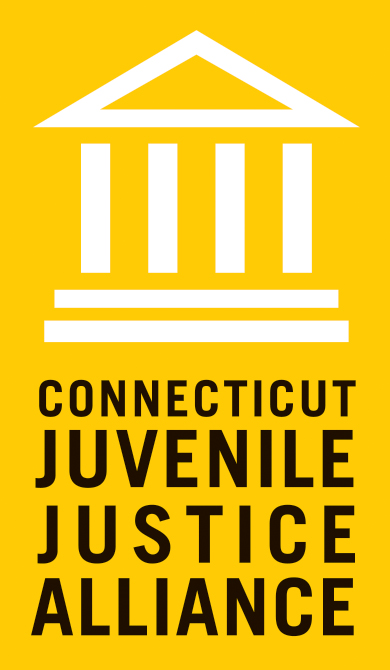Advocacy requires allies
Mission. Vision. Dedication.
Founded in 2001, The Connecticut Juvenile Justice Alliance is a Youth/Adult Partnership working to end the criminalization of youth. Made up of Justice Staff, Justice Advisors and Steering Committee members, we work to keep children and youth out of the justice system by disrupting and dismantling the pathways that funnel children and youth into courts and prisons.
We also work to make sure youth who are detained, incarcerated, and involved in the courts and legal systems receive safe, fair, and dignified treatment. The Alliance uses organizing, advocacy, and policy tools to protect the rights, futures, and well-being of potentially, currently, and formerly incarcerated youth.
Why a Youth/Adult Partnership?
We believe in creating tables where youth voices have equal power in creating policies to end the criminalization of youth.
Our Youth/Adult Partnership began in 2017 with the founding of our Justice Advisors, a group of 18 through 25-year-olds from communities most impacted by the justice system. They are students, employees, sons, daughters, and neighbors in communities throughout our state.
Our Justice Advisors pursue the primary goal of meaningfully incorporating voices and experiences from those most impacted by the justice system into all discussions around juvenile justice policy, practice, and reform. Our Advisors work alongside Justice Staff and Steering Committee members to end the criminalization of youth.
Partner Organizations
Over the past 19 years, we have worked alongside a variety of leaders and organizations in the juvenile justice space that each specialize in distinct issues and tactics essential to systemic and structural reform. These leaders and individuals from these organizations serve as the Alliance’s Steering Committee, which provides ongoing guidance, expertise, and collaboration to achieve our shared mission.
Our Steering Committee includes lawyers, researchers, clinicians, and social workers, who work across issue areas such as mental/behavioral health, family advocacy, substance abuse, youth services, LGBTQ issues, legal representation, education, research, community & residential services, and public policy reform.



